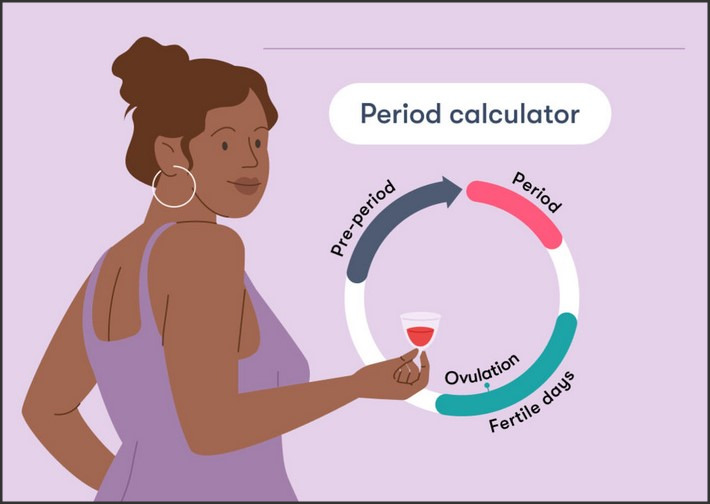
Time is a precious commodity, and it’s important to know how to calculate it accurately. Knowing How many weeks are in 90 days is a useful skill to have, especially when planning events or scheduling tasks. This article will explain how to calculate the number of weeks in 90 days, as well as provide some helpful tips for managing your time. We’ll also discuss the importance of understanding time periods and how to use them to your advantage. By the end of this article, you’ll have a better understanding of how to calculate time periods and how to use them to your advantage.
How to Calculate the Number of Weeks in 90 Days: A Step-by-Step Guide
Calculating the number of weeks in 90 days is a simple process that can be completed in a few steps. This guide will provide a step-by-step approach to calculating the number of weeks in 90 days.
Step 1: Understand the Conversion. The first step in calculating the number of weeks in 90 days is to understand the conversion. There are 7 days in a week, so 90 days is equal to 12.86 weeks.
Step 2: Round Up or Down. The next step is to decide whether to round up or down. In this case, it is best to round up to 13 weeks.
Step 3: Calculate the Number of Weeks. The final step is to calculate the number of weeks. To do this, divide 90 by 7, which equals 12.86. Then, round up to 13 weeks.
Therefore, the number of weeks in 90 days is 13 weeks.
Understanding the Relationship Between Weeks and Days: A Comprehensive Overview of Time Periods
Time is a fundamental concept that is used to measure the duration of events and the intervals between them. It is often expressed in terms of days, weeks, months, and years. Understanding the relationship between weeks and days is essential for accurately measuring and tracking time.
A week is a unit of time that is equal to seven days. It is the most commonly used unit of time for measuring the duration of events and the intervals between them. The seven-day week is the international standard that is used in most parts of the world. It is based on the ancient Babylonian calendar, which was divided into seven-day periods.
A day is a unit of time that is equal to 24 hours. It is the most commonly used unit of time for measuring the duration of events and the intervals between them. A day is divided into two 12-hour periods, known as day and night. The day is further divided into 24 hours, which are further divided into 60 minutes and 60 seconds.
The relationship between weeks and days is that a week is equal to seven days. This means that one week is equal to seven 24-hour days. This relationship is important for accurately measuring and tracking time. For example, if an event is scheduled to take place in two weeks, it will take place in 14 days.
In addition to the seven-day week, there are other time periods that are used to measure the duration of events and the intervals between them. These include the month, which is equal to four weeks or 28 days, and the year, which is equal to 52 weeks or 365 days.
Understanding the relationship between weeks and days is essential for accurately measuring and tracking time. It is important to remember that a week is equal to seven days and that a month is equal to four weeks or 28 days, while a year is equal to 52 weeks or 365 days. By understanding this relationship, it is possible to accurately measure and track the duration of events and the intervals between them.In conclusion, there are 12 weeks and 6 days in 90 days. This calculation can be done by dividing 90 by 7, which is the number of days in a week. Knowing how many weeks are in a certain amount of days can be useful for planning and scheduling purposes.